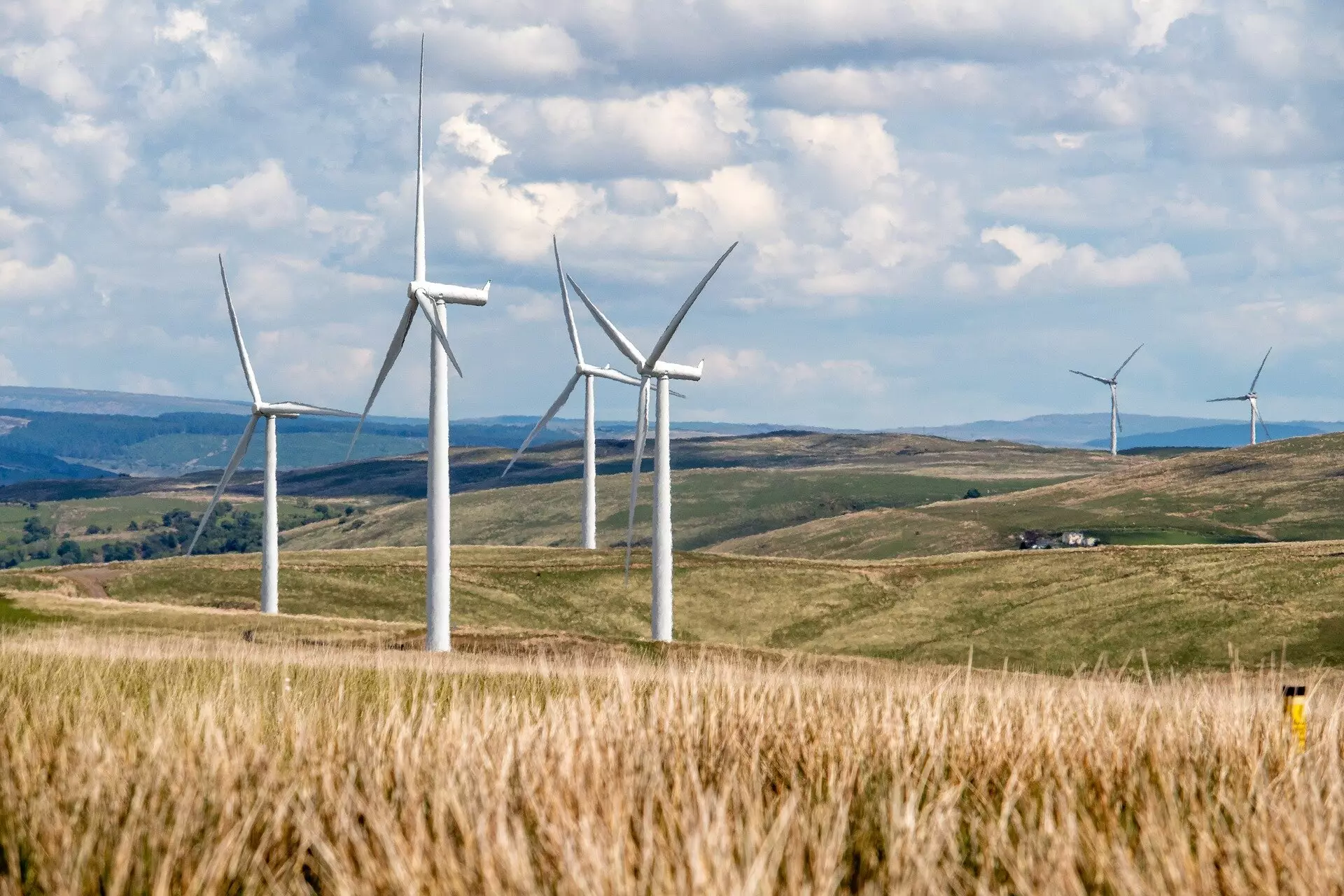The transition from a high to low-carbon sustainable energy system is marked by numerous milestones. Among them include the first hour without coal, oil, or gas generation, as well as the retirement of the last coal, oil, or gas power plant. Another significant milestone is when renewables generate more electricity than fossil fuels for an entire year. For Great Britain, this milestone is expected to be reached in 2023, according to our analysis.
In the odd, COVID-affected year of 2020, renewables actually surpassed fossil fuels in terms of electricity generation in Great Britain. However, this includes the contribution from “biomass” plants that burn wood pellets, often imported from forests in America. While biomass is considered renewable as trees can be regrown, it is not globally scalable like wind, solar, and hydropower. Therefore, a narrower definition that focuses on weather-dependent renewables is more appropriate for a global transition.
When we consider weather-dependent renewables, which exclude biomass, there is a strong likelihood that they will overtake fossil fuels for the first time ever in 2023. Wind, solar, and hydropower are the primary contributors to this category. Once this milestone is achieved, it is unlikely that gas and coal will ever again generate more of Britain’s electricity than these weather-dependent renewables over a full year.
The achievement of this milestone in 2023 will depend on the final few days of the year. As of now, renewables are slightly ahead of fossil fuels by just over 1,000 GWh (about the same level as a peak day of electrical demand). However, this lead is subject to the weather, particularly the wind. During the holiday period, which sees reduced industrial and commercial demand for electricity, wind power is often prioritized due to its clean and cost-effective nature. If the weather cooperates, renewables will maintain their lead.
Additionally, it is crucial to note the downward trend in electrical demand. In 2023, the demand for electricity is projected to be lower than in 2022, which itself was lower than the COVID-impacted year of 2020. This decrease in demand has eliminated the need for additional generation, much of which would have come from fossil fuels. Furthermore, 2023 could be the first year where renewable generation exceeds domestic electricity demand, with homes accounting for 36% of total electrical demand.
Over the years, renewable generation has steadily been closing in on domestic electricity demand in Britain. In the first half of 2023, renewable output fell short of domestic electrical demand by 1.5 TWh (1500 GWh). However, strong performance in the renewable sector since then has positioned it to end the year with total generation surpassing household demand. This represents a significant milestone where Britain’s wind turbines, solar panels, and hydropower produce more electricity than is consumed by its 29 million households.
If the milestones of renewables overtaking fossil fuels and exceeding domestic demand are not reached in 2023, they are almost certain to occur in 2024. Additional offshore wind capacity of 1.7 GW is set to begin generating in that year, further propelling the renewable sector. Furthermore, Britain’s last coal-fired power station is scheduled to cease producing electricity altogether, contributing to the acceleration of the low-carbon energy transition.
Britain is on the cusp of an important milestone in its energy system. The transition to a low-carbon sustainable future hinges on renewables surpassing fossil fuels in electricity generation. With the specific weather-dependent definition in mind, this milestone is expected to be reached in 2023. As renewables steadily gain market share and electrical demand decreases, the dominance of wind, solar, and hydropower becomes increasingly likely. The continual growth of renewable generation offers hope for a greener and more sustainable energy system in Great Britain.


Leave a Reply